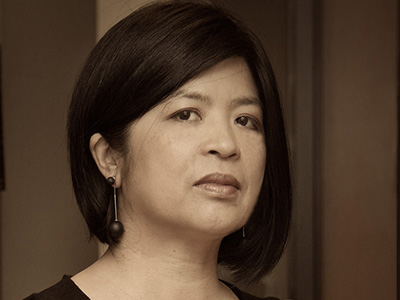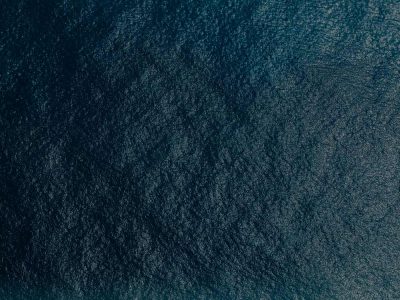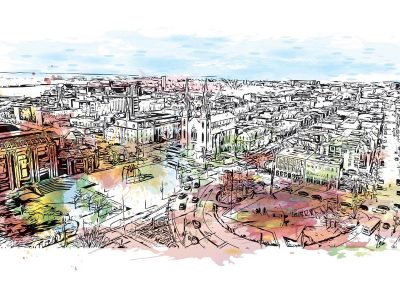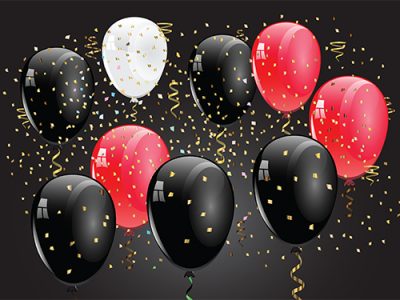By Andrés C. López
Every June, as I am surrounded by the sudden influx of pride flags and rainbows that are gone just as quickly by the end of the month, I like to take some time to think and remember queer and trans ancestors. As a mixed-race queer and trans Indigenous person from Iximulew (Guatemala), where just like in canada* and the united states* ongoing genocidal projects continue to influence the histories that are told, having a history to hold on to takes work. The histories I carry with me are bits and pieces I’ve been able to pull together from the multiple places that I call home. They’re broken histories. They’re stories/histories populated mostly by the dead. And yet, they’re all stories that help to remind me of who I am, where I come from and to whom I have responsibilities. They remind me of the multiple communities I belong to and am excluded from at the same time.
Pride to me is about remembrance. Remembering the violence we’ve survived and continue to survive through. Remembering the joys of finding others like us in the most unexpected places. Remembering our chosen families built from scratch out of necessity and the understanding that way too often we only have each other. Just like I carry my Black and Indigenous ancestors with me everywhere I go, I carry my queer and trans ancestors on the turtle shell back that makes up my movable home. They all hold me. They all continue to teach me how to be in this world that never quite feels like a place where I belong. They teach me to find myself in the in-between spaces and to carve out space so the next generation that follows can have more room to breathe.
This year I’ve been struggling with spending time in this space of remembrance though. I’m still trying to work through some of this, but the remembrance practices I typically do in June are not helping me feel connected. This is not a new state of being. I’ve been feeling disconnected from community for a long time now. Some of this of course has to do with the impacts that the ongoing pandemic has had on my mental health and well-being. Other pieces of this funky mental space I find myself in today are due to moving to a new location where meeting other queer and trans Indigenous and racialized people has been challenging. And still a different piece of this puzzle to me is about the constant berating of anti-queer and anti-trans legislation happening all across Turtle Island.
I keep going back to the same question in my mind: “What has changed?”
Everything, and nothing at all.
Pride parades in the states began in 1970 as a commemoration of the June 1969 Stonewall Uprising, a series of riots spearheaded by trans women of colour, street kids and sex workers who were responding to ongoing police violence. Stonewall is often used to mark a shift in gay and lesbian organizing and typically this history winds up erasing the very people who participated and led the riots. Here in canada, there are similar histories of police raids and violence that drove people from Toronto, Ottawa and Montreal to protest on Parliament Hill in August 1971. Their struggle for survivance opened space for those of us coming next.
With June almost behind us, we begin to see corporations and public organizations take down their pride flags and rainbows only to ironically replace them with canadian flags, which to many Indigenous communities also symbolize ongoing occupation. It is imperative that we continue to remember our Indigiqueer, Two-Spirit, queer and trans ancestors. Let us look at their organizing and resistances to find strategies for the current struggles we find ourselves surviving through. Let’s weave together our future histories with the pieces left behind from all our collective broken histories. Because even if we continue to be erased from written records and our communities’ stories and memories, we have always and will always be here.
*The author has made the political choice to lowercase both country names.
Andrés C. López is an Afro-Indio-Jamaican-Guatemalan-Trans-Queer scholar and assistant professor in Carleton’s School of Indigenous and Canadian Studies.



